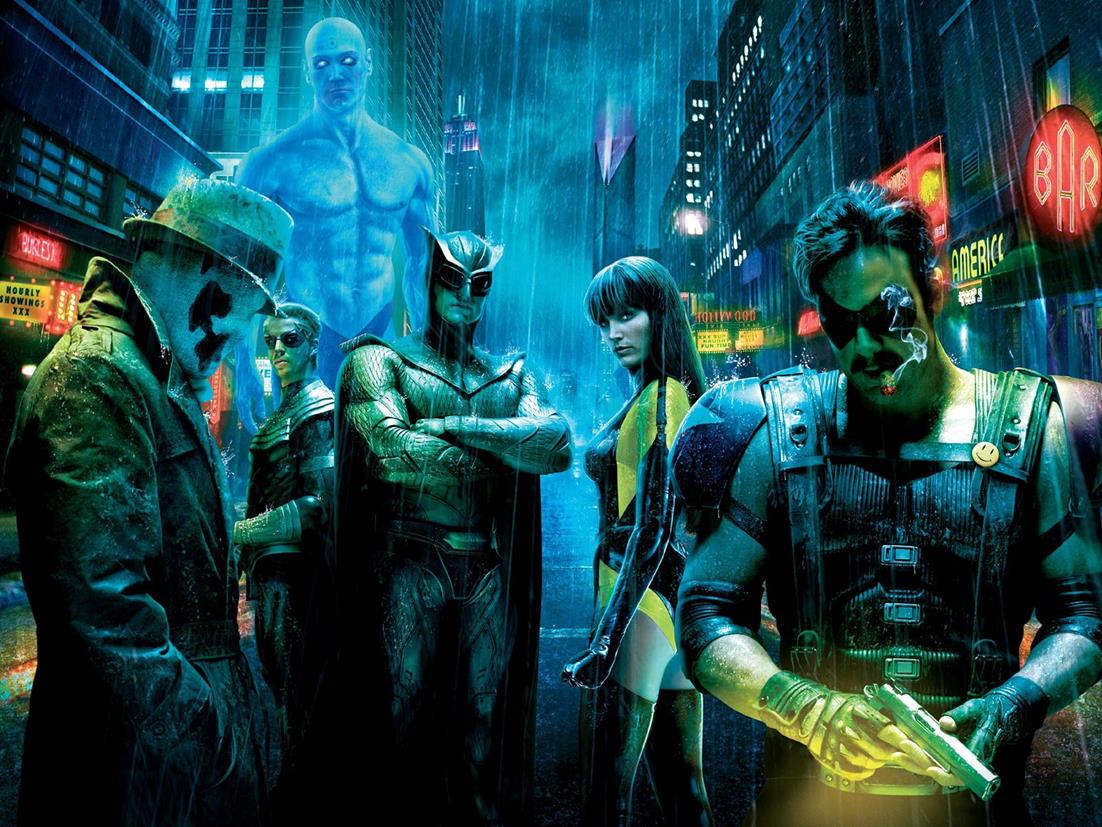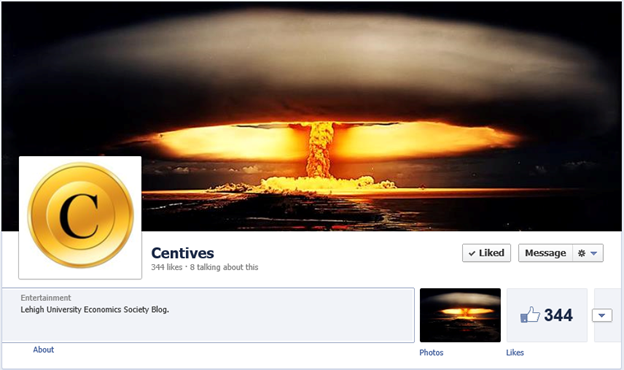Watching The Creators Of Watchmen
June 11, 2012 in Daily Bulletin

DC is publishing a series of comic books titled Before Watchmen – a prequel to the critically acclaimed Watchmen book. Yet it’s been fraught with controversy as Noah Berlatsky reports in an article about how creators are treated in the comic book industry:
- Watchmen was originally written by Alan Moore and Dave Gibbon. The prequels will not involve either of those writers.
- The rights to Watchmen is held by DC Comics. Alan Moore feels cheated because in the original contract DC gave him he was told that the rights for the characters would revert back to him when the book went out of print – which normally took a few years. But Watchmen has never gone out of print since it was released in 1986, meaning that DC has held the rights in perpetuity.
- Moore’s case is not an exception. The creators of Superman sold the rights for the hero for just $130. They spent the rest of their lives trying to regain control of the character.
- The Marvel characters in the new Avengers movie are mostly created by Jack Kirby. Yet his estate will not see any of the $1 billion the film has earned so far.
- Some comic book writers are taking a stand and refusing to take work from companies that engage in such practices.
- Yet people like Alan Moore perhaps don’t have the moral high ground they seem to think. Moore, for example, was more than happy to adapt (and some would say desecrate) the lead female characters from Alice in Wonderland, The Wizard of Oz, and Peter Pan in the pornographic Lost Girls.
To read more including what Dave Gibbon, the other writer of the Watchmen series seems to think about it, how money seems to be absent from Moore’s motivations, what the writers of Before Watchmen have to say, why few people seem to care, why people dismiss Moore as a crank, the themes that Moore likes to explore, why this is in part the inevitable fate of art, and what happened to the Watchmen sequel that Moore was meant to write, click here.
Source: Slate









Join the Discussion! (No Signup Required)